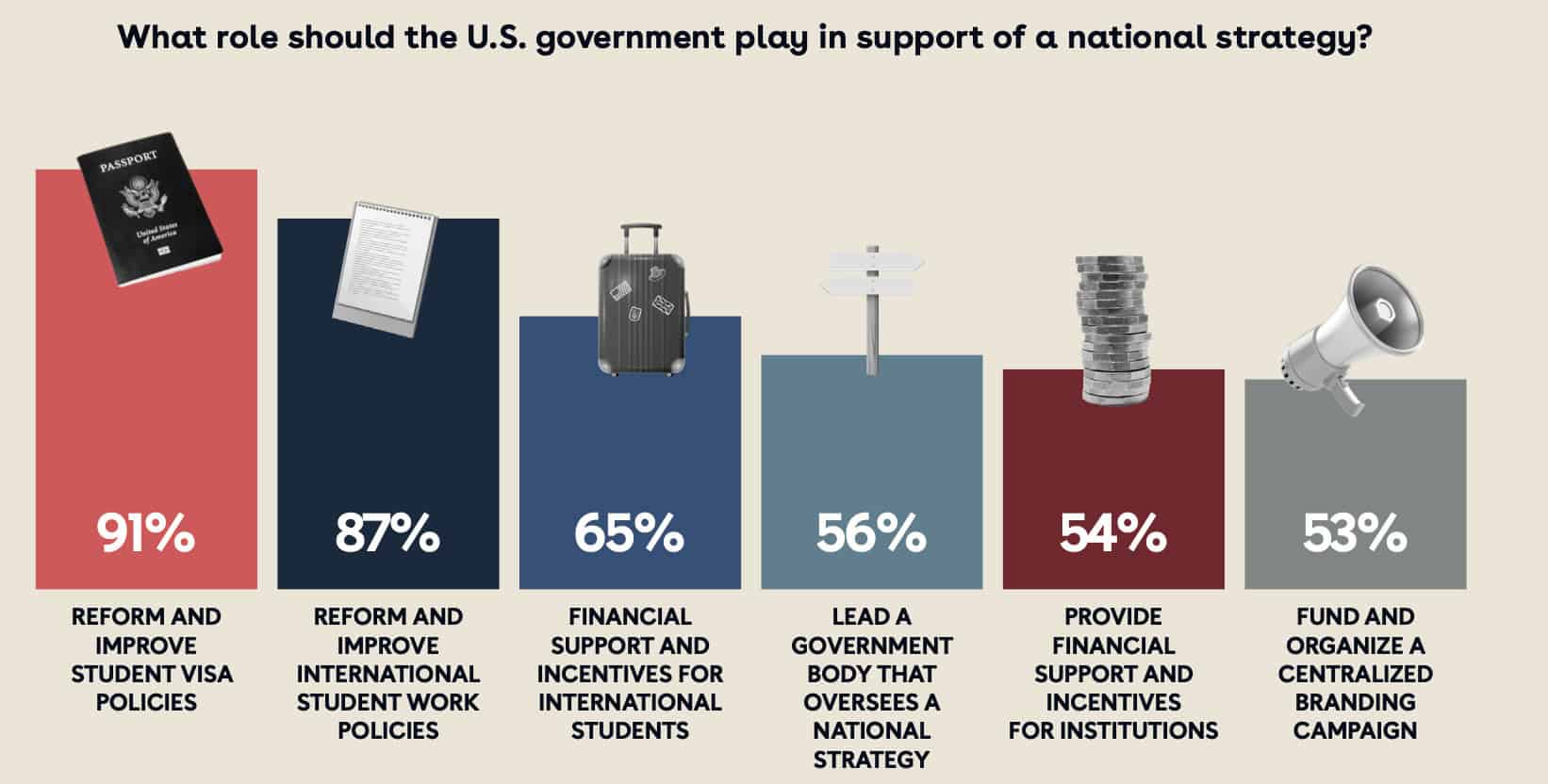International offices need to work more with their financial offices so that they can effectively manage student payments and agent commissions – and avoid any agent payment issues, a panel has urged.
Speaking at The PIE Live Europe 2024, the global CEO of agency Edvoy revealed data he’d obtained from his finance staff that showed the extent of the issue the agency is seeing in terms of timely payments.
“We have three categories – 30% of our institutions will pay us the moment students are enrolled. Another 30% of the universities, the moment the student joins, pay us 50% of the fee,” he said.
Sadiq Basha said Edvoy has some “slight problems” with the other 40% of institutions it works with – and a few of them, while “great”, “don’t understand the financial side of international recruitment”.
“They perhaps have given the CAS, then allowed the students in their hundreds to come in; they all are compliant students. They are here now but the Naira has devalued, the rupee has gone up and down and students are unwilling to pay, and the university is not changing,” said Basha.
That unwillingness to pay then results in agents not getting their commission on time – something that has not been happening “a lot”, Basha said, but it builds up when it’s a few hundred students at each partner university.
“We’ve already warned those universities… the international office and the finance team, please, work together. It is in your interest to collect money for your university as well. We are partners together in this – we’re not against [each other],” he implored.
The issue also occurs with agents who have recruited students that need instalment payments. Bimpe Femi-Oyewo, founder and CEO of Africa-based Edward Consulting, told delegates that reasonable adjustments need to be made for commissions for students on instalment payments.
“What we’re seeing with some institutions is the [instalment] payment is so low, and then the agents’ agreement says [the student] needs to be 100% paid, or 70% – and then that instalment payment doesn’t kick in for a while,” Femi-Oyewo explained.
While she was quick to make the point that instalment payments are necessary to accommodate people, she urged for less penalisation on agents for the fact that instalment payments are in place.
“There has to be a better approach – perhaps an agreement of, if a certain amount comes through, we pay you this, and when [another] amount comes through, we pay you this – it can’t just be nothing paid [for months],” she added.
One “exceptional example” mentioned by Alexandra Michel, managing partner at College Contact, saw one institution refuse to pay even partial commission until a student with a minuscule remaining balance resulting from a disputed charge had completely paid their fees.
“We’re no longer working with that institution – but over the years, there have been several situations that have been quite frustrating as there was no flexibility at all on the side of the institution,” she noted.
“I think industry transparency is important – we don’t have a problem [with disclosing visa acceptance rates]”
Yinghui Gilbert, director of international partnerships for InterGreat Education Group, previously told The PIE News in a preview of the panel that a combination would be better – a 50% agent fee payment by October for autumn intakes with an instalment plan after.
Polls taken during the panel at The PIE Live showed that 71% of educator delegates watching were already aware of timely payment issues at their institutions – 70% also said they would get involved in as part of their role.
Despite the enduring payment issues, however, the biggest issue for agents in the audience was not payment, but a lack of general responses on students’ application statuses.
When the audience had the chance to ask their questions, it was immediately asked of the panel whether they would be open to having their visa acceptance rates published and disclosed.
“I think industry transparency is important – we don’t have a problem… this industry is about working collaboratively together,” Basha said.
Edvoy is planning to release a new system that monitors just that, as well as most of the student pipeline, and Basha would “love our institutions to have full access to the system”.
Gilbert said she also has no issue publishing such data and makes it available to university partners as part of InterGreat’s settlement with them.
“In China, for example, visa rejection is not an issue, but we also operate in high risk markets such as India and Bangladesh where we see that as our value-added service. We’re proud of our conversion rate overall,” she argued.












